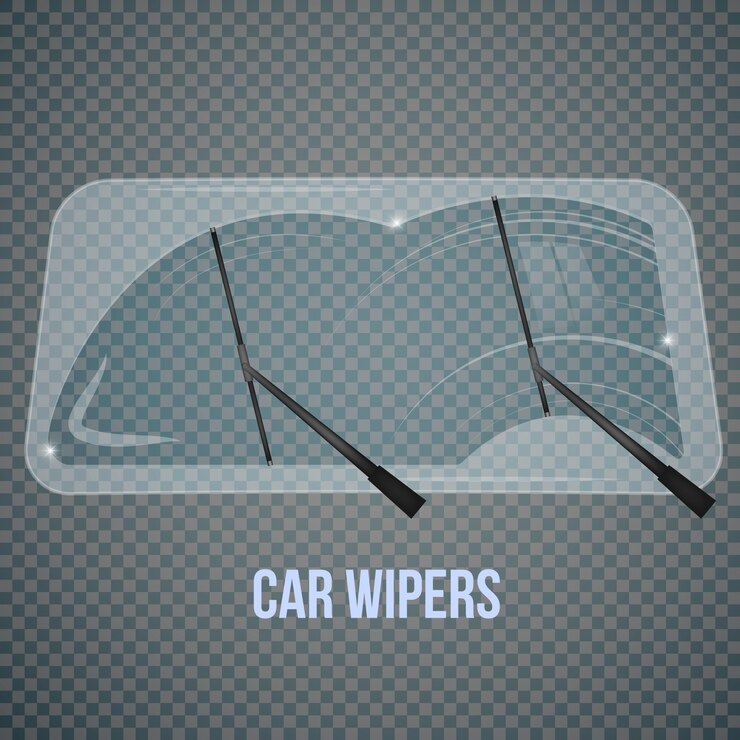Regular check-ups are essential to avoid any blunders when you have any vehicle maintenance. At the same time, you notice lagging engine performance, the smell of rotten eggs, or dark smoke under the vehicle. They are the bad catalytic converter symptoms, which you should repair soon. You can get help from our skilled professionals, who are always happy to serve.
What Happens When Driving with a Bad Catalytic Converter
Suppose you are still driving even if you know that your vehicle is indicating symptoms of a bad catalytic converter. You should not drive for too long, and it can be due to slow engine performance, reduced acceleration, dark exhaust smoke, or extreme heat coming out under your car. However, when you find any of these concerns, you must immediately replace it, or it will damage the engine.
Lifespan of a Catalytic Converter
- The catalytic converter has an average lifespan of 10 years, yet you don’t need to replace it after 10 years.
- You must replace the catalytic converter if you find the problem occurring, and you can contact our experts.
- If the catalytic converter is broken down, contaminated, or damaged, you must replace it.
- It is advised that you keep the working catalytic converter for up to 10 years, after which you must check whether replacement is required.
What is the Cost of a Catalytic Converter?
Somehow, being an essential part of the vehicle, the catalytic converter is expensive. It also depends on the age of your car, model, and year, and the price can vary. When you notice any symptom of a clogged catalytic converter, you must soon book your consultation to replace it. There are different prices for new and aftermarket catalytic converters:
- The new catalytic converter would cost around $1000 to $2500, depending on your car’s brand and model.
- You also have a n option to buy a used catalytic converter for between $300 and $1500, excluding the labor cost.
- Prices will fluctuate depending on the difficulty of the installation and the labor cost.
Why is Catalytic Converter Essential?
A catalytic converter is a last line of defense against air pollution from cars, filled with a honeycomb structure of metals, including palladium, rhodium, and platinum. It acts as a catalyst for filtering out harmful impurities from the exhaust. Suppose your vehicle runs on diesel or gasoline, generating carbon dioxide, sulfur dioxide, lead, and nitrogen dioxide. Therefore, a catalytic converter helps break down gases during combustion.
Why to Replace Catalytic Converter?
For instance, if you discover any symptoms of a bad catalytic converter, you must immediately replace it. The bad catalytic converter symptoms can cause damage to the engine, and you will need to replace the complete engine of your vehicle.
Check Engine Light
Advanced technology has check engine lights that trigger when a sensor discovers the problem with your vehicle, including the bad catalytic converter. Now, the engine comes with oxygen and air fuel sensors to measure if the catalytic converter can operate under low tolerant levels.
Acceleration is lagging
Suppose your vehicle engine is losing power and you are unable to accelerate like before, it might be one of the bad catalytic converter symptoms. Yet, if you have a choked catalytic converter, the engine will not mix air and fuel efficiently, which leads to less power combustion, power, and poor acceleration.
Smell Differently
While the catalytic converter is working fine, all the present chemicals and gases the vehicle produces are converted into safe compounds. Somehow, if you are facing a problem with the catalytic converter, a strange smell will come like a rotten egg. Thus, driving with an awful smell and harmful gases can leave you with health issues.
Noise Coming from the Engine
One of the bad catalytic converter symptoms is rattling noise coming from the engine. It majorly happens when the catalytic converter gets blocked, so when you start or drive the vehicle, a strange noise will keep coming.
Frequently Asked Questions
When you notice a strange noise, smell from the engine, or loss of power in acceleration. It means there is a problem with the catalytic converter. You must change it immediately, as it will destroy all other parts of the engine.
The life span of your catalytic converter in the engine is up to 10 years, yet the accurate life span might differ with the model and brand of your vehicle. You must keep a check after you cross 50,000 miles, as mileage and engine tune will impact.
No, it is highly prohibited to drive with a bad catalytic converter. However, most of the areas are not get affected by it, but still, it can cause damage to the engine. So, you must stop driving, and seek help from professionals.








